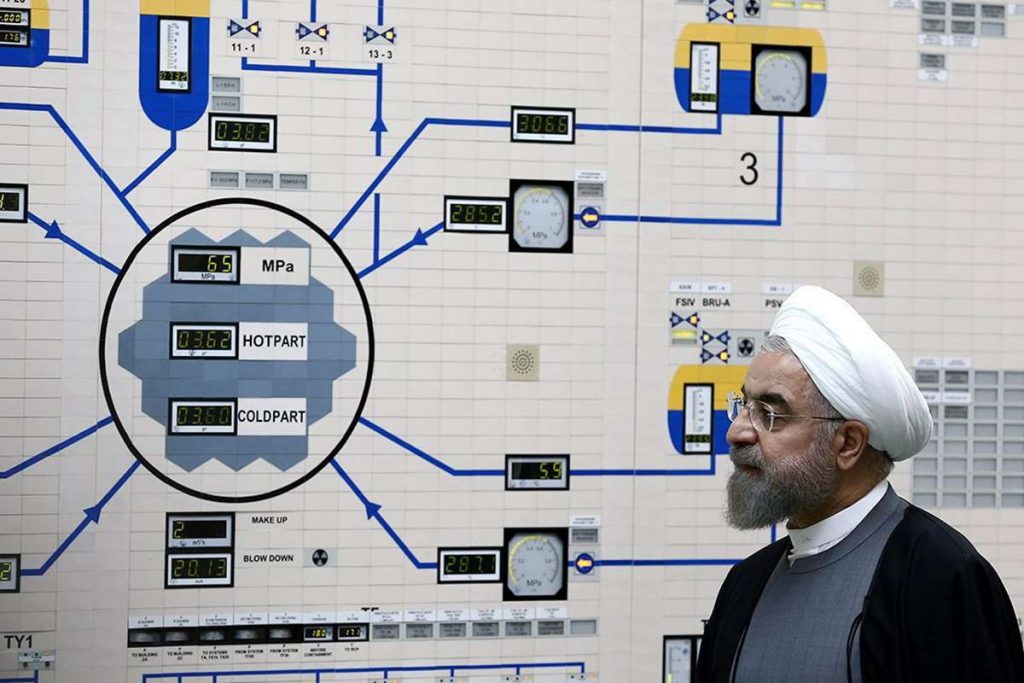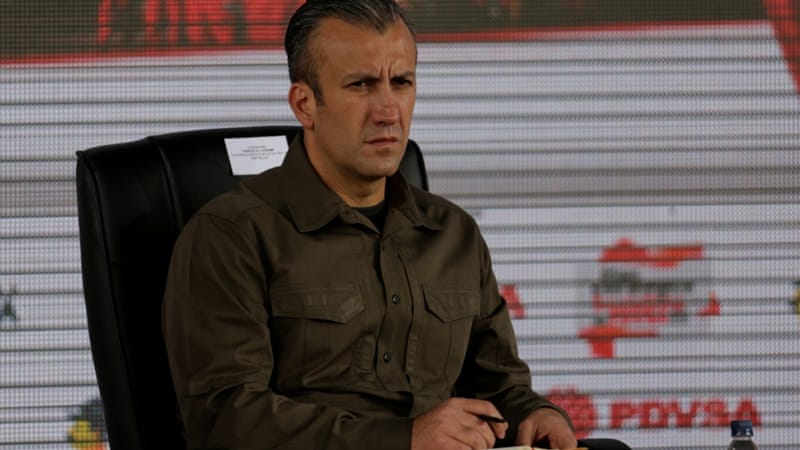Australia/Israel Review
Behind the News – June 2019
Jun 3, 2019 | AIJAC staff

Rocket and Terror report
On April 28, a rocket was fired, reportedly by Palestinian Islamic Jihad (PIJ), to disrupt ongoing Egyptian-mediated long-term ceasefire negotiations being held indirectly between Hamas and Israel.
A week later, a major escalation from Gaza erupted following an Islamic Jihad sniper attack on Israeli soldiers. A record 690 rockets, mortars and missiles were fired at Israel over approximately 24 hours on May 4-5.
In response, the Israeli Air Force struck hundreds of Hamas and PIJ targets in Gaza and carried out a targetted assassination of a Hamas official involved in smuggling Iranian funds into Gaza to finance terror.
Approximately 86% of the projectiles launched towards southern Israeli cities from Gaza were intercepted by Israel’s Iron Dome missile defence system, but four Israelis civilians were nonetheless killed – one when his car was targetted by a Kornet anti-tank missile fired from Gaza. Dozens of Israelis were injured. According to an Israeli investigation, of the 27 Palestinians killed, at least 74% were members of terrorist organisations. An unofficial ceasefire between Hamas and Israel, reached with the financial assistance of Qatar and Egyptian mediation, ended the escalation.
The “Great March of Return”-themed border clashes that began in March 2018 continued along the Gaza fence, involving incendiary balloons, improvised explosives devices, gunfire, and burning tyres.
Iran announces plan to breach nuclear deal
On May 8, Iranian President Hassan Rouhani announced that the country would cease observing the elements of the 2015 nuclear deal that limited Iranian possession of enriched uranium and heavy water in response to the tightening grip of US sanctions. Iranian officials also said if European states did not meet Iranian demands to compensate them for the sanctions within 60 days, Iran would begin exceeding the 3.67% cap on enrichment levels under the agreement.
Twelve days later, Behrouz Kamalvandi, the spokesperson for Iran’s nuclear agency, told Iranian news agencies that his country had quadrupled its production of low-enriched uranium, and is now expected to reach the 300kg limit on possession of enriched uranium under the nuclear deal “within weeks”.
Experts: IAEA must investigate Iran’s nuclear archive
A report released on April 4 by an independent panel of experts from Harvard University’s Belfer Center for Science and International Affairs called on the International Atomic Energy Agency (IAEA) to investigate findings from the Iranian nuclear archive, extracted from Teheran by Israel in January 2018, and to address the information it contains in future negotiations with Iran on a nuclear deal.
To research the report, the six experts had visited Israel, been briefed by Israeli intelligence officers and been given access to original documents from the nuclear archive. Their report concluded that Iranian leadership, including current President Hassan Rouhani (who was then Secretary of the Supreme National Security Council), approved the state-sanctioned “Amad Project” to build an atomic bomb and this project continues today under different names, both openly and clandestinely, enabling Iran, if it decides to do so, to immediately resume work towards a bomb. The report also concluded that Iran was much closer to constructing a nuclear weapon than previously assumed, and both IAEA monitoring and intelligence organisations failed to detect the true extent of Iran’s illegal nuclear activities.
US ends oil waivers on Iran
US waivers allowing countries to buy Iranian oil without facing American sanctions expired on May 2, following Washington’s April 22 decision not to renew them.
Countries impacted by the decision include China, Greece, India, Italy, Japan, South Korea, Taiwan and Turkey. White House Press Secretary Sarah Sanders said in a statement, “This decision is intended to bring Iran’s oil exports to zero, denying the regime its principal source of revenue.”
Meanwhile, satellite images have revealed some of the ways Teheran is attempting to circumvent those sanctions, according to several reports.
One method Iran has reportedly used for selling contraband oil is tanker-to-tanker sales while at sea. In one instance, an Iranian tanker reportedly transferred its cargo mid-sea to a Russian vessel it met in the Maldives. The Russian ship then delivered the crude oil to northern China, breaching the sanctions.

Former Venezuelan vice-president and Hezbollah ally Tareck El Aissami
Dossier exposes Venezuela-Hezbollah-Iran axis
A dossier compiled by Venezuela’s intelligence agency and handed to the New York Times sheds new light on the intimate and well-established relationship between Hezbollah, Iran, and the Venezuelan regime, overseen by former Venezuelan Vice-President Tareck El Aissami and his family.
According to the report, Aissami’s father is a Syrian Hezbollah liaison and wanted to establish the group in Venezuela for intelligence gathering and drug trafficking. Tareck El Aissami has held several senior positions in Venezuela and in these capacities helped issue false documents to Hezbollah and Iranian operatives to expand their networks in South America, including linking them up with the notorious Columbian narco-terrorist insurgent group FARC, it said.
US offers rewards to stop Hezbollah cash flow
The US is offering rewards of up to US$10 million for information leading to the disruption of the financial mechanisms of the Lebanese terror group Hezbollah. The US State and Treasury departments announced that the money would be paid to people who provide information such as the names of Hezbollah donors and financiers, bank records, customs receipts, or evidence of real estate transactions.
The payments will be made by the State Department’s “Rewards for Justice” program, which offers money for information leading to the location of wanted terrorists, but this is the first time the program has been used to target a financial network.
Hamas money laundering in West Bank
Hamas is exploiting Israel’s humanitarian policy of allowing Gazans to export fish and produce to the West Bank in order to fund its West Bank terror activities, according to Israeli media reports based on interviews with Israeli security officials.
The head of Financial Warfare Branch of the IDF’s Central Command, which identifies and confiscates terrorist money in the West Bank said that, instead of letting Palestinian suppliers and retailers in the West Bank and Gaza interact directly, Hamas demands to act as the middleman, and in doing so reinforces its position on both sides and collects revenue from the transactions.
In related news, the Palestinian Al Mezan Center for Human Rights released a fact sheet on April 23 which slammed Hamas for arbitrarily detaining 742 Gazans for their political affiliations between March 2018 and March 2019.
Bundestag: BDS is antisemitic
On May 17, the German Parliament became the first legislature in the European Union to pass a resolution designating the Boycott, Divestment and Sanctions (BDS) movement against Israel as antisemitic.
While non-binding, the resolution will prevent funding for BDS-related events by the Bundestag and calls upon the Government to “not provide premises and facilities under the administration of the Bundestag to organisations that express themselves in antisemitic terms or question Israel’s right to exist.”
Tags: Anti-Zionism, Hamas, Hezbollah, Iran, Israel, Palestinians






